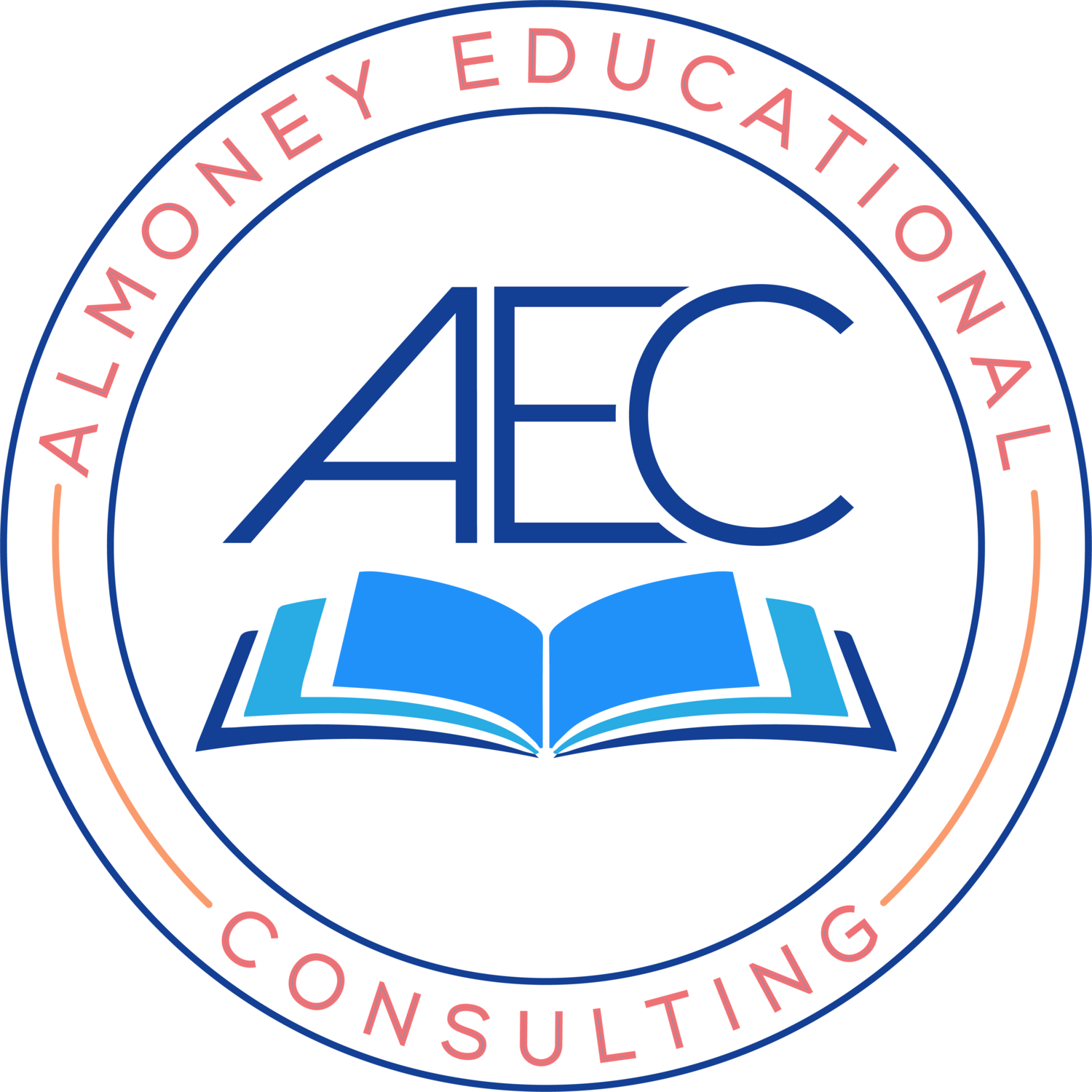Choosing High School Courses: What do you need to know?
When it comes to selecting high school courses, many students find themselves caught between choosing classes that will look impressive on college applications and those that genuinely interest them. The truth is that successful college preparation looks different for every student, whether your goal is a small private college, a flagship university, or an elite institution. The key to all future academic opportunities is a well-rounded education, so students should seek to gain skills, knowledge, and information while developing a global perspective.
Core Subjects: Building a Strong Foundation
To be competitive, students should aim to take four years in all core subjects. This includes:
English
Foreign language (preferably the same one throughout)
History/Social Science
Mathematics
Science
These core subjects provide the foundation for a well-rounded education and demonstrate to colleges that you're prepared for rigorous academic work.
What type of Rigor? Challenge Yourself Appropriately
Advanced Placement (AP), International Baccalaureate (IB), and Honors courses represent one approach to academic challenge. However, it's crucial to consider the time and work required to fully engage in these courses. Taking too many advanced classes can sometimes become overwhelming due to the extensive reading, writing, and preparation required.
For students with particular academic strengths or interests, it might mean taking advanced courses in those areas while maintaining standard-level courses elsewhere. For example, a student comfortable with mathematics but who finds language arts challenging might take AP Calculus while enrolling in standard English classes.
Standard-level courses are equally valuable and often more appropriate for building strong skills. Success in these courses can provide a solid foundation for college-level work and help students develop confidence in their abilities.
Electives: Showcasing Your Interests
Elective classes can reveal the range of an applicant's interests and help enrich their overall presentation. Are you interested in engineering? Does your school offer communication or journalism? Are business classes something you find interesting? These types of courses allow you to explore subjects beyond the core curriculum and can demonstrate passion and dedication in specific areas.
Alternative Paths to Academic Growth
Many students find success through paths beyond traditional high school courses:
Dual enrollment at a community college can provide a different learning environment.
Summer programs and online courses offer flexibility in timing and pacing.
Completing a dual-enrollment program or summer classes can supplement and advance your curriculum, but these classes aren’t a good fit for everyone.
Is a B better in an AP class than an A in a standard class?
The answer isn’t simple, but it can depend on the student. Do the best you can in the classes that are appropriate for you. It's better to excel in a balanced selection of courses than to struggle through an overly ambitious schedule. Aim for mastery in core subjects to clearly show readiness for the rigor of the college classroom.
Final Tips
Keep four years of core classes + foreign language
When possible, take biology, chemistry, and physics as basic science classes
Try to avoid a study hall junior year and consider adding an elective based on an academic or career interest
Do your very best junior year since this transcript is the one that will initially go to colleges for review in the fall of senior year
Conclusion
While you can't design your school's curriculum, you can control how you complete your four years of high school. Plan well and take advantage of all opportunities at your school and in your local area. Try to immerse yourself in meaningful activities that reveal more about who you are and what matters to you.



